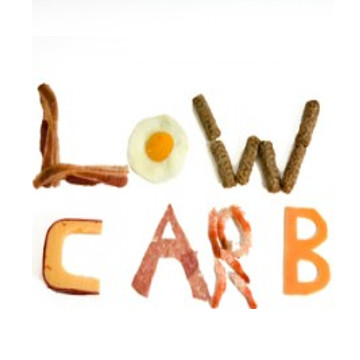Recently, the low carb diet is in focus, followers of this diet affirm the weight loss is real. Why do we lose weight? How does it work? I’ll explain more about the low carb diet in this article.
Firstly, let’s see what carbohydrates are and when they are present. Carbohydrate is a biochemical component formed by carbon, oxygen, and hydrogen, its purpose is to give fast energy for us. There are 3 macronutrients found in food: protein, fat, and carbohydrates; all of them produce energy. However, only the carbohydrate produces energy immediately, it is because its digestion starts right at our mouth during chewing.
Carbohydrates are found in fruits, cereals, pasta, rice, legumes, bread, sugar, desserts and most of the processed foods. When we are doing the low carb diet, we produce energy through protein and fat, instead of carbohydrates.
The main point is about the insulin action, which is the hormone produced during the carbohydrate ingestion. Insulin has the purpose of taking the glucose (simple carbohydrate) of the blood stream and converting it into energy or body fat depends of the body needs. Although, insulin increases body fat, as a consequence of its action. Moreover, each gram of carbohydrate carries 6 grams of water. Thus, we lose water and body fat during the low carb diet.
Does everyone allowed to do the low carb diet? Athletes and people who have high daily expenditure calories could have lower performance during activities. It is because carbohydrate is the main component to give energy during activities.
My opinion as a nutrition professional is: All types of diets need to adapt to each individual and you need to respect your limits. Consult a professional to help you to follow the best plan diet according to your needs.
photo credit: diagnosisdiet










